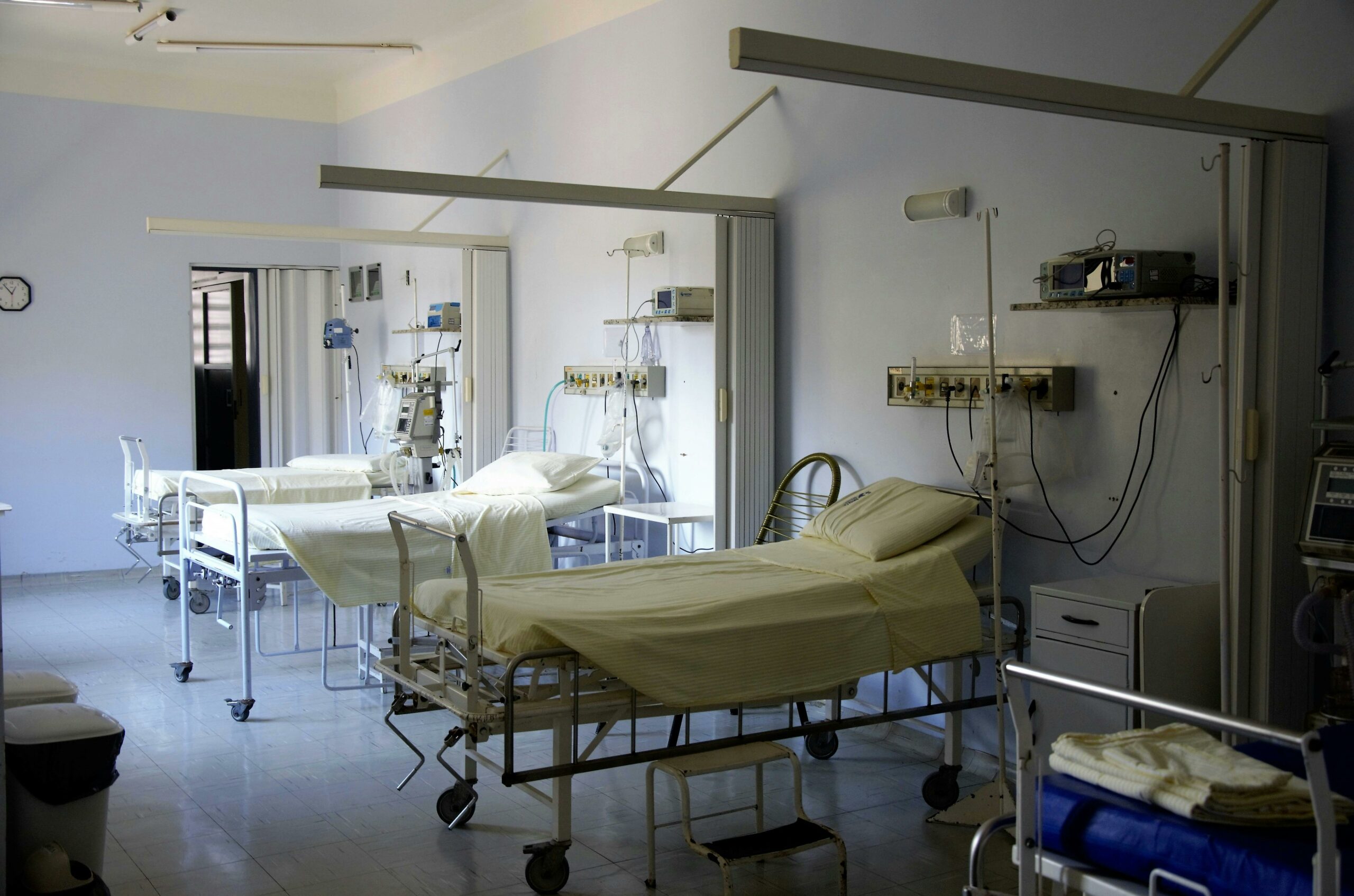News
A Legal Setback: Court Rules Against Patient in Medical Negligence Case Over Faulty Drip

A patient who took legal action after suffering an injury allegedly caused by a faulty medical drip has faced a significant legal setback. A court has ruled against their claim for damages, delivering a judgment that underscores the high legal threshold for proving medical negligence.
The case highlights the complex and often difficult path patients face when they believe they have been harmed by a medical device or procedure, requiring them to provide clear and compelling evidence to support their case.
The Core of the Patient’s Claim
The legal action was centered on an incident where the plaintiff, a patient, was injured during a medical procedure. The injury was allegedly the direct result of a malfunctioning intravenous (IV) drip. The patient argued that the medical facility or its staff were responsible for this equipment failure, constituting a breach of their duty of care.
The claim sought financial compensation for the damages suffered, which could have included medical expenses, pain and suffering, and lost income. This is a standard approach in medical negligence lawsuits, where the goal is to hold a responsible party accountable for a preventable error.
The Court’s Rationale for Dismissal
After considering the evidence presented by both sides, the court found in favor of the medical defendants. The ruling suggests that the patient’s legal team was unable to successfully meet the required burden of proof.
In medical negligence cases, it is not enough to simply show that an injury occurred. The plaintiff must convincingly demonstrate that the healthcare provider deviated from the accepted standard of care and that this deviation directly caused the injury. The court was not persuaded that the provided evidence conclusively linked the patient’s injury to a proven fault in the medical drip for which the defendants were legally liable.
The Impact on Future Claims
This ruling is a reminder of the formidable challenges inherent in medical malpractice litigation. Healthcare providers are protected by legal principles that require a very strong causal link between their actions and a patient’s harm.
For other patients considering similar action, this case illustrates the critical importance of robust, expert-backed evidence. It is not sufficient to have a strong belief that negligence occurred; that belief must be substantiated with factual and expert testimony that can withstand rigorous legal scrutiny in a courtroom.
While this particular case ended in a setback for the patient, it does not diminish the importance of patients advocating for their own safety. It does, however, highlight the necessity of thorough legal preparation and the reality that not every adverse medical outcome will be legally recognized as negligence.
{Source: IOL}
Follow Joburg ETC on Facebook, Twitter , TikTok and Instagram
For more News in Johannesburg, visit joburgetc.com


























